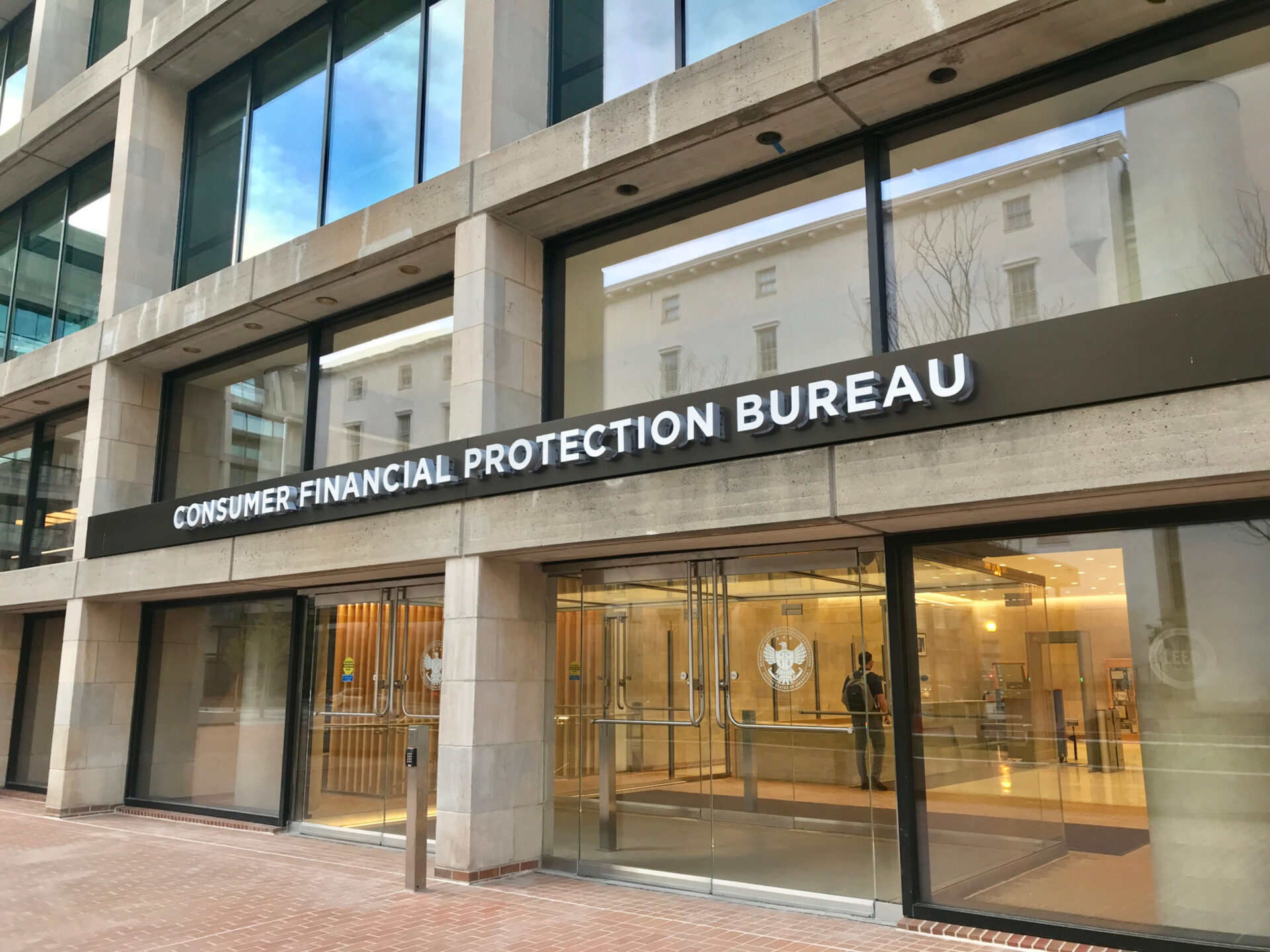By KIMBERLEY HAAS
Officials at the Consumer Financial Protection Bureau are cracking down on a mortgage company that allegedly discriminated against minority families and a bank that is accused of pressuring employees into unlawfully accessing the credit reports of customers.
With the aid of the U.S. Department of Justice, CFPB officials took action to end Trident Mortgage Company’s alleged discrimination against families in minority neighborhoods in the greater Philadelphia area.
It is alleged that Trident violated the Equal Credit Opportunity Act and the Consumer Financial Protection Act. DOJ officials also claim Trident violated the Fair Housing Act.
In Philadelphia neighborhoods that were more than 80% minority, more than half of the applications Trident generated were from white applicants, according to a press release.
“Trident illegally redlined neighborhoods in the Philadelphia area, excluding qualified families seeking to own a home,” CFPB Director Rohit Chopra said in a statement. “With housing costs so high, it is critical that illegal discrimination does not put homeownership even further out of reach.”
Last fall, Attorney General Merrick B. Garland announced the Department’s Combatting Redlining Initiative and promised that they would mobilize resources to make fair access to credit a reality in underserved neighborhoods across the country.
“As demonstrated by today’s historic announcement, we are increasing our coordination with federal financial regulatory agencies and state Attorney Generals to combat the modern-day redlining that has unlawfully plagued communities of color,” Garland said on July 27.
Assistant Attorney General Kristen Clarke of the Justice Department’s Civil Rights Division said this settlement ensures that significant lending resources will be infused into neighborhoods of color in and around Philadelphia that have historically experienced racial discrimination.
Clarke said they are sending a powerful message to lenders that they will be held accountable if they violate fair lending laws.
“This settlement is a stark reminder that redlining is not a problem from a bygone era. Trident’s unlawful redlining activity denied communities of color equal access to residential mortgages, stripped them of the opportunity to build wealth, and devalued properties in their neighborhoods,” Clarke said in a statement.
If entered by the court, the settlement would require Trident to pay $18.4 million to a loan subsidy program, a $4 million penalty to the CFPB’s victims’ relief fund, $2 million to fund advertising to generate applications in redlined areas and take other steps to serve the credit needs of majority-minority neighborhoods in Philadelphia.
Until it stopped accepting mortgage loan applications in 2021, Trident was a non-depository mortgage company operating in Delaware, Maryland, New Jersey, and Pennsylvania. Trident’s lending focus was first mortgage loans and refinancing home loans.
CFPB officials also took action against U.S. Bank for allegedly accessing the credit reports of customers and opening checking and savings accounts, credit cards, and lines of credit without customers’ permission.
CFPB officials say U.S. Bank pressured and incentivized employees to sell multiple products and services to customers, including imposing sales goals as part of their employees’ job requirements.
U.S. Bank employees allegedly accessed customers’ credit reports and sensitive personal data to apply for and open unauthorized accounts.
CFPB officials say U.S. Bank must make harmed customers whole and pay a $37.5 million penalty.
“For over a decade, U.S. Bank knew its employees were taking advantage of its customers by misappropriating consumer data to create fictitious accounts,” Chopra said in a statement. “We all must do more to hold lawbreaking companies accountable when they abuse and misuse our sensitive personal data.”
U.S. Bank is a Minneapolis-based bank with over $559 billion in assets, making it the fifth largest bank in the U.S. It operates more than 2,800 banking branches across the nation.
Employees who believe their companies violated federal consumer financial protection laws can send information to [email protected].
Read More Articles By Kimberley Haas:
Look At The Crown Jewel Of Newport, Rhode Island Mansions
Real Estate Consultant Sentenced For Tax Crimes In Kickback Scheme
The Value of Appraisal Modernization
Email story ideas to Editor Kimberley Haas: [email protected]
